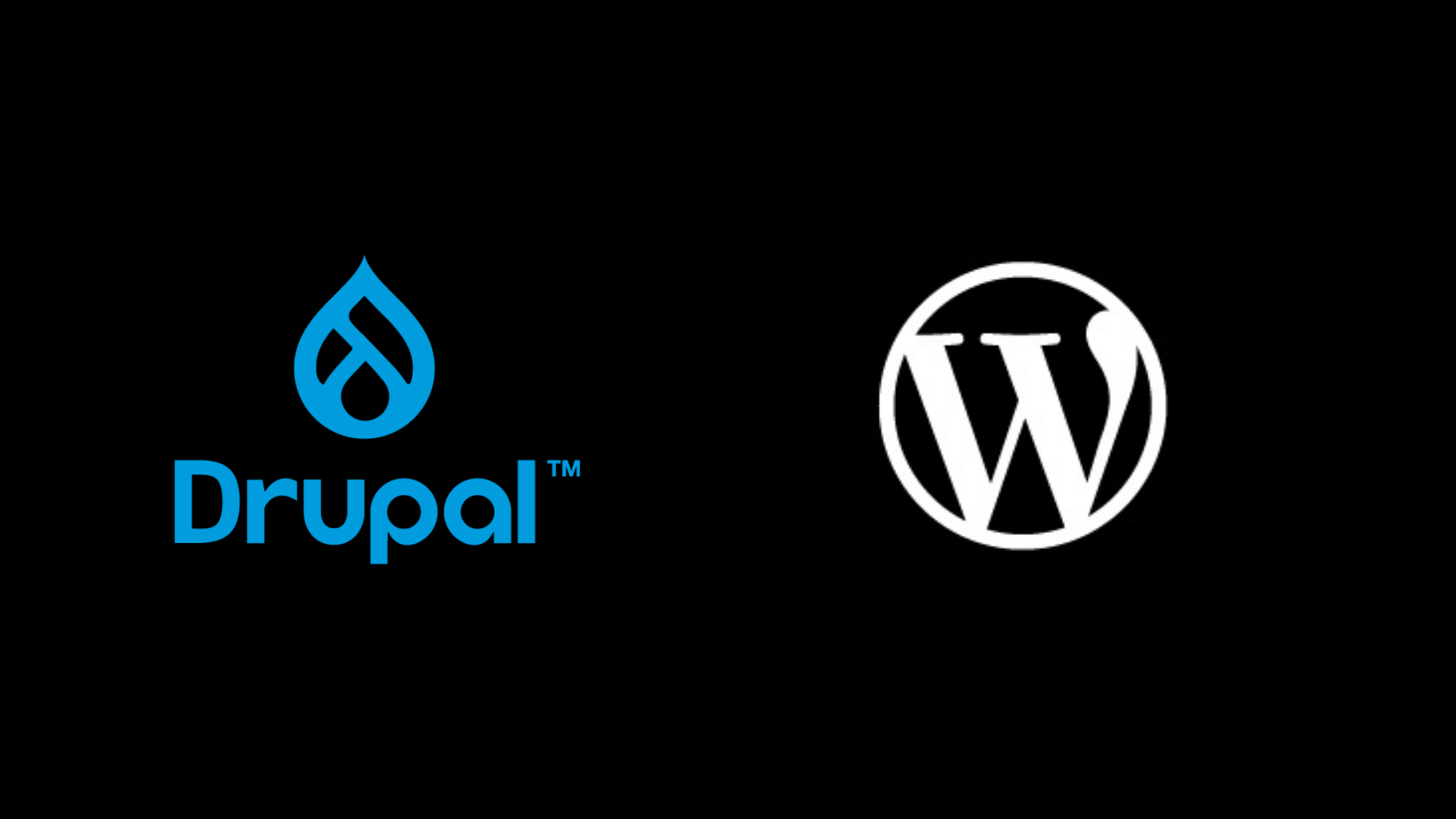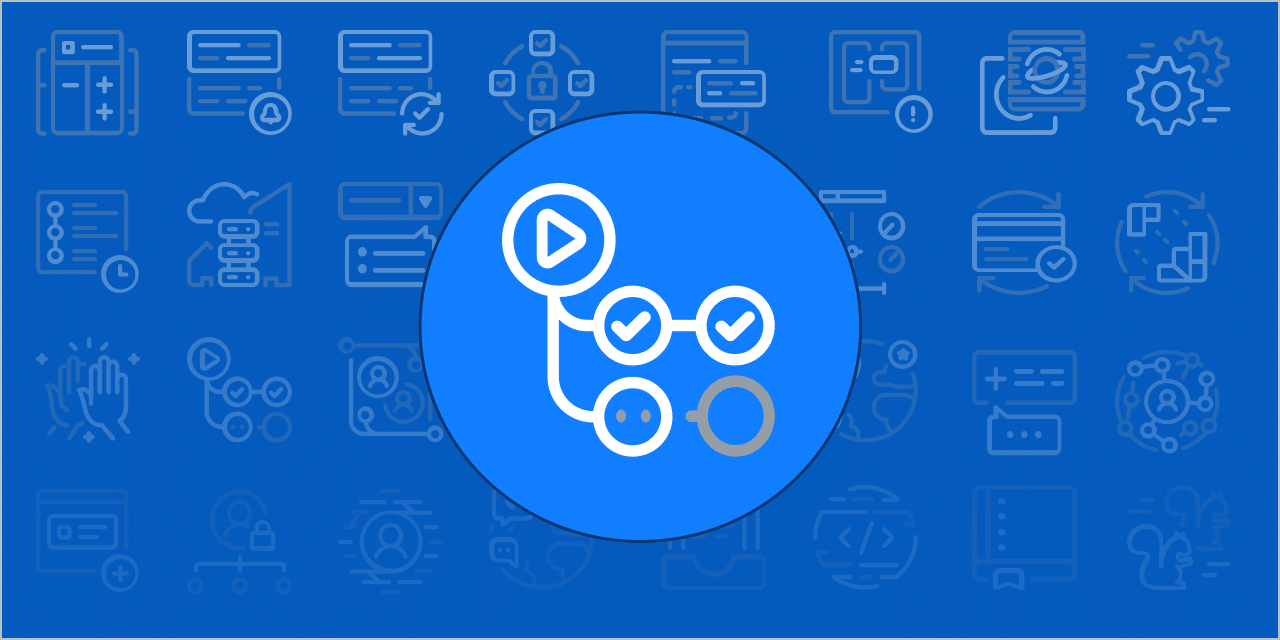
Drupal vs WordPress: What’s best for publishers?
Publishers often ask me what advantages WordPress has over other CMS options. Whether building a new website or replatforming, one of the most common alternatives we’re asked about is Drupal, another open-source CMS that’s been around for more than 20 years.
The short answer is:
Drupal’s growth is mostly with enterprise and government, WordPress’ is with publishers and content companies.
Drupal has leaned heavily into providing an enterprise-level CMS for large organisations with complex data and security needs. This can include everything from government departments, to large pharmaceutical companies, to universities and hospitals. Those institutions usually have much more complicated needs for a CMS outside of what appears on the front-end of their websites, including internal workflows, documents or customer data.
Her Campus Media recently partnered with The Code Company to migrate its 500,000-article website from Drupal to WordPress. Her Campus Head of Product Engineering, Dave Lievense explains why:
“We found that it just took too much time & resources to try and use Drupal to power our content driven website and add even simple features.
Drupal is clearly focused on large institutions that can deal with the overhead of having a team of full time developers to manually build and code a custom CMS and doesn’t want to power straightforward publishing websites.”
WordPress, on the other hand, has been built first and foremost for publishers. Here’s five reasons to choose it as your CMS:
1. WordPress has a superior plugin ecosystem
Ask any publisher to name a life-changing editorial tool and chances are there’s a plugin for it — from editorial calendars and publishing workflows to digital asset management (DAM) solutions.
Since both Drupal and WordPress are open-source, each has access to a range of community-made plugins. But WordPress has by far the largest for content management — more than 50,000.
Because WordPress is so widely used, major services (Google, Apple, Facebook, you name it) have official or endorsed WordPress plugins. All submissions to its main plugin repository are reviewed by the WordPress Foundation, ensuring the ecosystem remains secure and healthy.
Of course, not all plugins are created equal. Despite the name, they are not always “plug-and-play”. It takes an experienced and considered approach to ensure you are using the right mix of plugins, and when it might be time to build a custom solution.
2. WordPress offers a better editorial experience
It’s always been the case that WordPress is simply a more intuitive CMS for content creators out of the box. Drupal on the other hand is closer to a barebones framework that can be customised to suit highly bespoke requirements.
The fact is that Drupal users may need custom work to get the basic publishing functionality that comes standard with WordPress. That functionality can be as rudimentary as linking to other articles across your publication.
As Lievense explains…
“Within two weeks of launching on WordPress we saw our page views per visitor nearly double due to the ease of creating cross-links in the Gutenberg editor and because of the automated recommendations coming from awesome SEO plugins.
Our editors were also able to publish more articles quicker thanks to the modern editing experience that was easy & intuitive to use.”
Having a CMS that editorial teams can learn and use easily should be a priority for any publisher. It not only fosters an efficient editorial workflow, but can help cut down costs of training and ongoing custom development.
3. WordPress security
This is a question we get asked often, especially after a 2018 study (backed by GoDaddy) claiming that 90% of all hacked websites were on WordPress. The truth is that 42% of the web is built on WordPress (compared to Drupal’s 2.1%) and for every high profile publisher using WordPress safely (News Corp, Spotify, TechCrunch, Pedestrian etc), there are thousands of shonky DIY sites that haven’t been updated in five years and are practically screaming ‘hack me’.
Site vulnerabilities generally occur not because of an issue inherent to WordPress but because of out-of-date third-party plugins, the illegal use of pirated software, the reuse of leaked passwords, security misconfigurations, and other lax security practices.
When it comes to security, our advice isn’t to move to Drupal. It’s to use less third-party extensions, build more custom integrations and leverage the in-built security measures of a specialist managed hosting provider such as WP Engine or WordPress VIP.
4. WordPress Version support is better than Drupal
Drupal has a deserved reputation for being challenging when it comes to upgrades and backwards compatibility. For example, upgrading from Drupal 7 to Drupal 9 requires significant investment to rebuild templates and modules. That expense could be the same as the price of simply migrating your entire site to WordPress.
WordPress on the other hand, provides superb backwards compatibility and upgrades between major or minor releases, which are usually pain free. Especially when WordPress sites aren’t heavily reliant on plugins and themes for functionality. It’s very common to be able to upgrade between major versions with zero adjustments to templates or plugins.
5. A lower total cost of ownership (TCO)
For the reasons mentioned above and more, the TCO is lower for publishers that use WordPress as their publishing platform. They can spend less money on core underlying features, and leverage WordPress to move faster.
Strategically architectured WordPress stacks can be stood up (relatively) quickly and iterated over time, saving initial development costs. When you look over a longer period of time, such as 3-5 years, the cost of maintenance and feature development really drives home the commercial benefits of WordPress.
For independent or mid-sized digital media companies, these resources are often scarce, so being frugal with every dollar spent on a tech stack is critical to get right.
Because routine maintenance can be complex with Drupal, many smaller organisations often skip this, which results in a large amount of technical debt tied to their Drupal-powered stack.
Is WordPress right for me?
If you’re evaluating content management systems, either for a new project or potentially re-platforming to WordPress from Drupal, it makes sense to do your research.
There is no perfect option. But I believe WordPress gets the balance of flexibility, functionality and user experience right.
Want to know more?
Read more: Digital Publishers: If You’re Not Using WordPress, You’re Missing Out
Get free publishing insights every month
This article is an excerpt from The Code Company’s newsletter The Publishers’ Playbook, a monthly collection of news, tech advice and actionable insight, read by 400 media leaders worldwide. If you found it useful, you can subscribe for free here.

